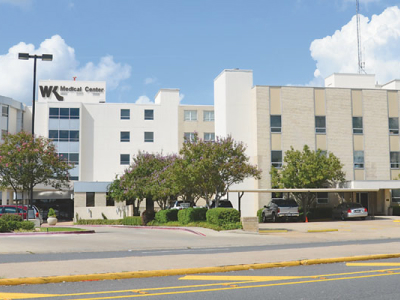Kidney Cancer
Overview
This disease, also called renal cancer, is a condition in which abnormal cells grow in one or both kidneys. The kidneys are fist-sized organs that filter blood and produce urine. In adults, the most common type of kidney cancer is renal cell carcinoma. This cancer develops inside the lining of small tubes found in the kidney's cortex and medulla regions.
Causes
The exact cause of kidney cancer is unknown. It is linked to a variety of risk factors. It most commonly occurs in men age 60 and older. Smoking, obesity and exposure to certain chemicals can increase a person's risk for the disease. High blood pressure, advanced kidney disease, and genetic risk factors or a family history of kidney cancer can also increase a person's risk.
Symptoms
Symptoms may include blood in the urine, constant pain below the ribs, and fatigue. Symptoms may also include intermittent fever, anemia, loss of appetite and unexplained weight loss. However, many people with kidney cancer do not experience symptoms in the early stages of the disease.
Treatment
Surgery is the most common treatment for kidney cancer. During surgery, the physician may be able to remove the tumor and leave the rest of the kidney intact. But the physician may remove the entire kidney. This is called nephrectomy. If surgery is not an option, the patient may benefit from other treatments. Options may include cryoablation or radiofrequency ablation. Advanced or recurrent kidney cancer may also be treated with medications or with radiation therapy.

Willis Knighton provides patient focused care for your cancer treatment
Our multidisciplinary team at Willis Knighton Cancer Center creates personalized treatment plans for blood disorders and solid tumors. You’ll receive advanced therapies and compassionate support every step of your journey.

Subscribe to our Conquering Cancer newsletter
An ongoing guide for patients and their loved ones















